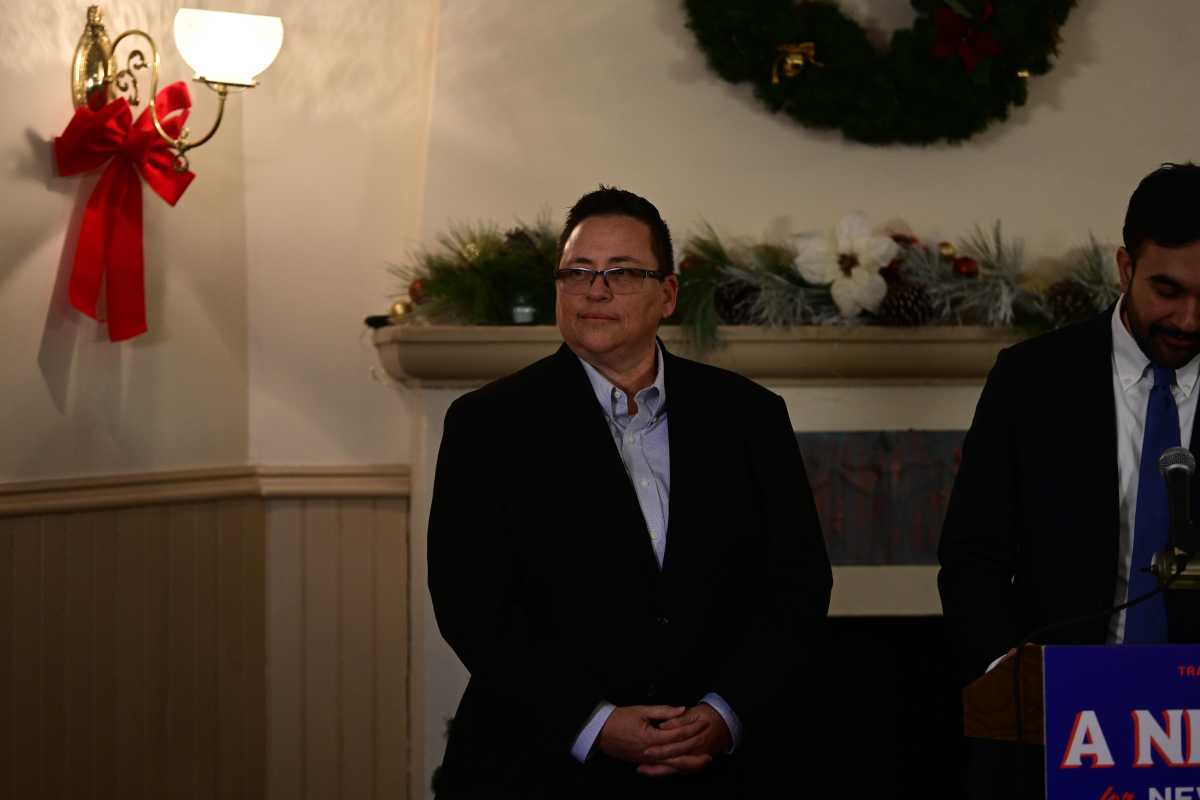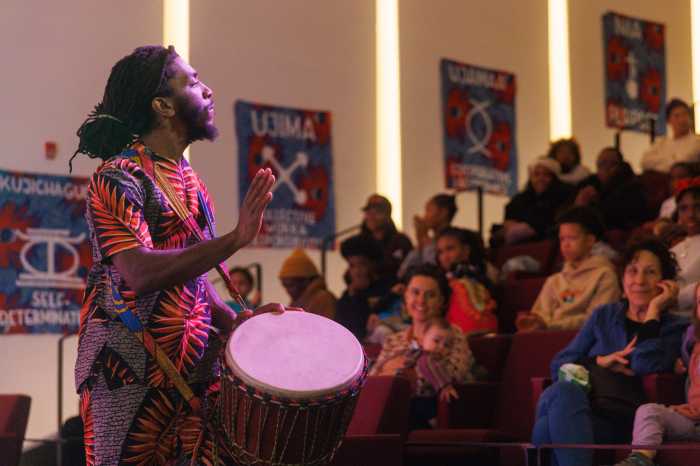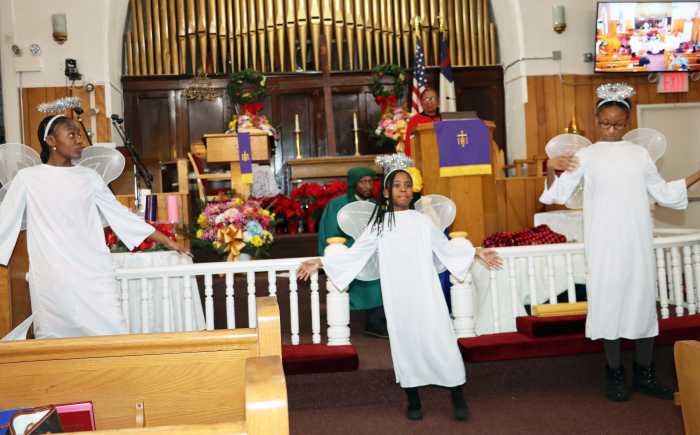Jury hung in charges against third man in 2002 murder of transgendered California teen
Almost three years after four Newark, California men allegedly beat and then murdered transgendered teen Gwen Araujo, the second jury to hear the case came back on Tuesday with a mixed verdict, convicting two of manslaughter and deadlocking in the case of the third. The fourth in a quartet of high school classmates and drinking buddies, Jaron Nabors, had turned on his former friends in exchange for a reduced manslaughter conviction and an 11-year prison term.
Defendants Michael Magidson and José Merel, both now 25, face mandatory sentences of 15 years-to-life for second-degree murder. Superior Court Judge Harry Sheppard declared a mistrial in the case of the third, Jason Cazares, who is out on bail. Prosecutors are deliberating whether they will re-try him and will announce their decision on November 18. Cazares’ lawyer, famed defense attorney Tony Serra, said he thinks his client was nothing more than an accessory after the fact, with no role in the brutal murder, other than to help bury the body.
While all three of the defendants were charged with hate crimes in the case, none was convicted on that score.
Araujo’s case, like the murder of Matthew Shepard in Wyoming in 1998, has become a touchstone. Transgendered Americans are murdered at a rate of more than one per month, according to activist Gwen Smith, who maintains a Web site chronicling such crimes. Many of those cases are not prosecuted, but the killing of Araujo, a photogenic young woman at the time of her murder, attracted widespread interest and outrage.
At a memorial service at San Francisco’s LGBT Community Center after the verdict was announced, the center’s director, Thom Lynch, said he felt that justice had not been completely done.
“Some lives are not valued as much as other lives,” he said. “The battle for equality is far from over.”
Araujo, who was 17 at the time of the killing, was baptized Edward, called herself Gwen, but was known to her murderers only as a girl named Lida. Prosecutors maintained that at least two of the men, Merel and Magidson, had sex with Araujo during their several-month acquaintance with her; but on the night of October 3, 2002, after a night of drinking and partying, they and two other friends, Nabors and Cazares, discovered she was biologically male and killed her.
The pictures of Araujo’s battered body taken when sheriffs unearthed it after 13 days in a shallow rocky grave in the Sierra Nevada Mountains confirmed the brutality of the killing. The basic facts of the murder are not in dispute.
During the trial, Nabors said that on that October night, he and the three other men, plus José Merel’s older brother Paul, his younger brother Emmanuel, and Paul Merel’s girlfriend, Nicole Brown, were all in the Merels’ Newark house, on a quiet suburban street in the small, heavily Latino city, just a few blocks from the police department headquarters. At some point after 2 a.m., when the four accused men closed the local bars, they sat with Brown and the other Merels at the dining room table and started quizzing Araujo about her gender. Finally, after Brown led Araujo to the bathroom, lifted the teen’s skirt, and discovered that Araujo was biologically male, the four accused men began to subject her to an ordeal of beatings and torture.
The younger and older Merel brothers and Brown soon fled the house, fearing, they said during the trial, what was about to happen. They did not call the police—but drove within a block or two of the station. The four men, according to police accounts, beat Araujo over the head with a can and then a skillet, smashed her head into a wall with enough force to crack the plaster, and then dragged her into the garage, where they strangled her with a rope and threw her body into the bed of Magidson’s pick-up truck. They then set off on the approximately 150-mile drive to the remote Sierra campground where they buried the body.
They stopped for breakfast at McDonalds on the way back.
During the first trial, the three men implicated by Nabors hung together. But this time, they resorted to what the attorney for Araujo’s mother, Gloria Alred, called the “some other dude did it defense” and testified against each other.
In the three years since Araujo’s killing, her mother, Sylvia Guerrero, who said she didn’t know the meaning of the word transgender when Gwen was killed, has become a spokeswoman for transgender rights, as has Guerrero’s brother David.
Araujo’s last words before she was murdered were reportedly, “Please don’t. I have a family.”
At the memorial in San Francisco on Tuesday, Araujo’s Uncle David told the group of gay and transgender rights activists, “You guys are all part of our family… and she has a bigger family than she ever knew.”
gaycitynews.com

































